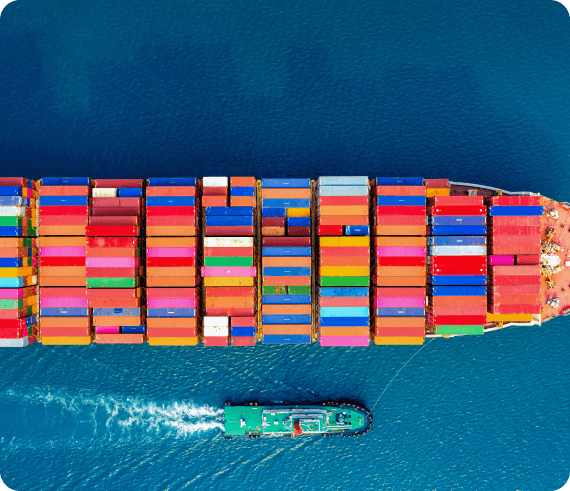Ocean Freight Ship
Ocean freight is a key element of global trade, enabling the movement of large volumes of goods across the world's oceans. This mode of transport is ideal for bulky, heavy, or high-volume shipments that are less time-sensitive. Ocean freight services utilize a variety of vessels, including container ships, bulk carriers, and tankers, to transport commodities such as raw materials, manufactured goods, and hazardous substances.
Key advantages of ocean freight include its cost-effectiveness for long-distance transport, the ability to handle oversized and heavy cargo, and the vast global network of ports that facilitate international trade. Modern ocean freight operations are supported by advanced logistics technologies, including container tracking systems and automated port operations, which enhance efficiency and security.
Ocean freight services can be divided into two main categories: Full Container Load (FCL) and Less than Container Load (LCL). FCL involves the shipment of a full container by one customer, offering higher security and faster transit times. LCL consolidates multiple shipments from different customers into a single container, providing a cost-effective solution for smaller shipments.
Environmental sustainability is becoming increasingly important in ocean freight, with the industry adopting greener practices such as using low-sulfur fuels and exploring alternative propulsion methods. Regulatory frameworks, such as the International Maritime Organization's (IMO) emissions standards, are driving these changes to reduce the environmental impact of shipping.
Overall, ocean freight remains a reliable and efficient mode of transport for international trade, supporting the global economy by connecting markets and enabling the flow of goods worldwide.

